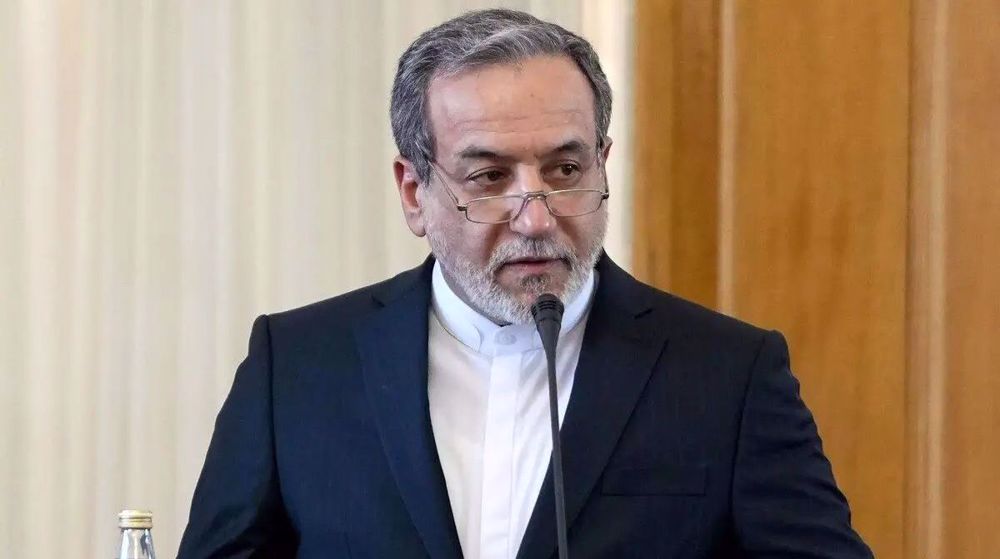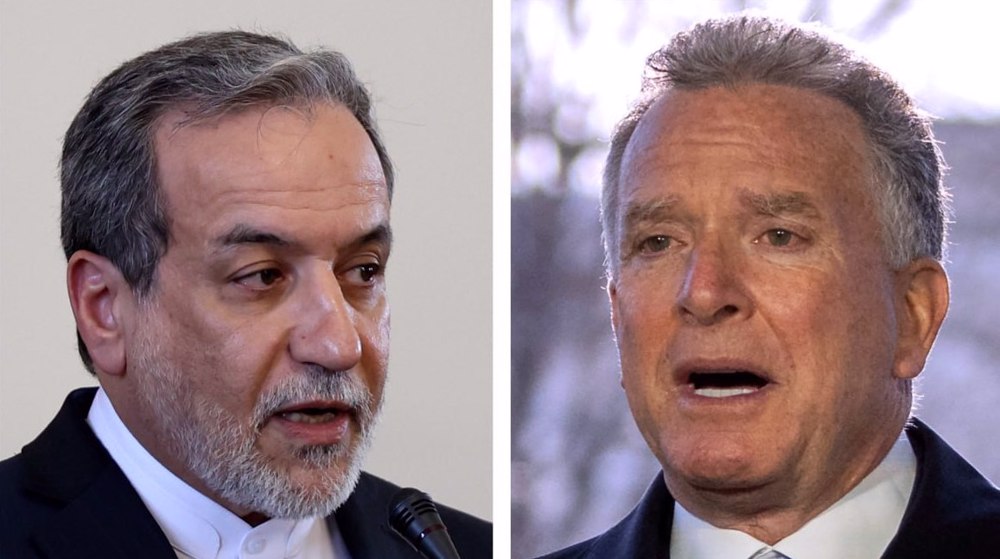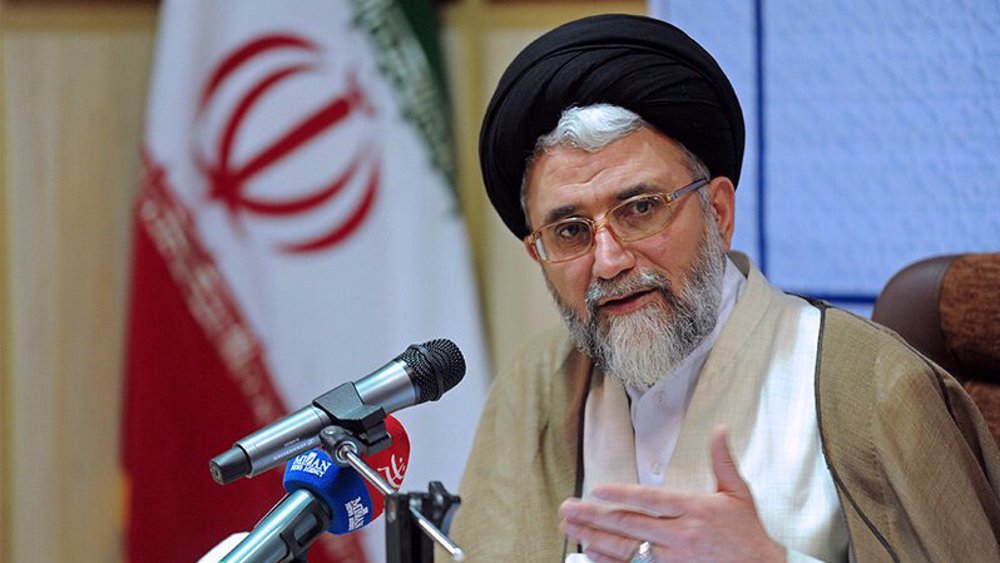Israel’s PM seeks ‘punitive steps’ against Iran missiles
Israeli Prime Minister Benjamin Netanyahu has once again repeated his rhetoric against Iran, calling on world powers to take "immediate punitive steps" against Tehran over its recent ballistic missile tests.
Netanyahu has ordered Israeli diplomats to demand the P5+1 group of countries, who reached a nuclear agreement with Iran last July, take immediate action against Tehran’s “gross transgressions,” a statement from his office said Saturday.
"[The six global powers] must take immediate punitive steps following the repeated gross transgressions by Iran in the matter of the rockets," the statement said.
The statement is seen as another anti-Iran rhetoric by the Israeli premier, who has been vehemently opposed to the nuclear agreement, known as the Joint Comprehensive Plan of Action (JCPOA), clinched by Iran and the P5+1 countries – the five permanent members of the UN Security Council plus Germany – on July 14, 2015.
The Islamic Revolution Guards Corps (IRGC) successfully test-fired two more ballistic missiles on March 9 as part of military drills to assess the IRGC's capabilities. The missiles dubbed Qadr-H and Qadr-F were fired during large-scale drills, code-named Eqtedar-e-Velayat.

On March 8, Iran fired another ballistic missile called Qiam from silo-based launchers in different locations across the country.
Netanyahu’s claims come despite the US acknowledgement that the launches did not constitute a breach of the JCPOA, endorsed by UN Security Council Resolution 2231 in July 2015.
Iranian Foreign Ministry spokesman, Hossein Jaberi Ansari, said on March 10 that the test-fire of ballistic missiles was “neither inconsistent with Iran’s commitments under the JCPOA, nor is it against the Security Council Resolution 2231.”
On January 16, Iran and the P5+1 group started to implement the JCPOA.
After the JCPOA went into effect, all nuclear-related sanctions imposed on Iran by the European Union, the Security Council and the US were lifted. Iran, in return, has put some limitations on its nuclear activities.
Iran’s deterrence power strengthened after ballistic missile upgrades: Top general
Hind Rajab Foundation files war crimes complaint in US against Israeli-American trooper
VIDEO | Press TV's news headlines
VIDEO | Coordination Framework gives Kurdish parties 48-hour deadline to choose presidential nominee
VIDEO | Palestine Action activists walk free after huge court win
VIDEO | Italy's and EU's hypocrisy exposed when it comes to condemning Israeli crimes
VIDEO | Islamabad seminar exposes failed US-backed pressure campaign against Iran
VIDEO | Ethiopians gather at Venezuelan Embassy to voice support amid US aggression










 This makes it easy to access the Press TV website
This makes it easy to access the Press TV website